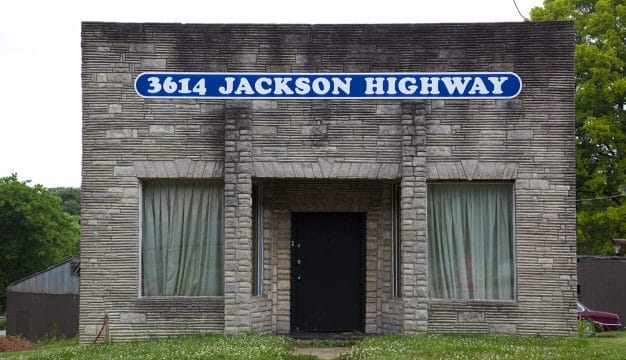Elizabeth Moore
Elizabeth "Bessie" or "Fannie Elizabeth" Moore (1867-1960) was a leader in the Alabama suffrage movement that gained a significant following in the 1910s. Moore served as president of the Coal City Equal Suffrage Association in St. Clair County. She and her husband, John Washington Moore, who had served as Coal City's mayor, were active members of the community.
Moore was born Frances Elizabeth Daughdrill (mentioned in some sources as Daughdrille) on January 17, 1867, to George and Julia Daughdrill. Bessie was the oldest child, with two younger sisters and one younger brother. The family left Demopolis, Marengo County, in the late 1860s for Coal City, just east of the Coosa River in St. Clair County, where Moore's father owned valuable mining property. The Daughdrills had considerable wealth prior to the Civil War but lost most of it by war's end. They took only some French furniture, a small number of books, a harp, and a piano with them to Coal City. Local residents recounted that they often came to hear Bessie's mother play. At the time, Coal City was a small town in comparison with Demopolis, but it was near Birmingham, Jefferson County, soon to become the center of rail traffic and iron production in the state.
In 1885, Bessie married John Washington Moore. Originally from Marietta, Georgia, he had moved to St. Clair County with his family as a youth. He worked as a merchant and later a coal operator and like his wife was very civic-minded. Over the course of his life, he served the city as a member of the board of education, councilman, secretary, treasurer, and mayor. The couple would have two children.
In 1890, together with her husband, parents, and sister, Bessie was one of the 13 prominent residents of Coal City who founded the Broken Arrow Baptist Church. Bessie taught Sunday school and would be fondly remembered for her hard work for the church by members well into the 1950s, long after she and her husband had retired to Florida.
In 1914, at the age of 47, Bessie served as president of the Coal City Equal Suffrage Association. That February, she represented Coal City at the second Alabama Convention of the Alabama Equal Suffrage Association, along with representatives from the other Alabama societies in Selma, Birmingham, Montgomery, Huntsville, and other cities. At the convention, she delivered a lecture entitled, "Woman and Changing Conditions."
In the early 1930s, the Moores retired to Florida. John Moore died in 1934, and Bessie lived another 26 years. She died in a nursing home on July 8, 1960, at the age of 93, and was buried next to John in Broken Arrow Community Cemetery, established on land donated by Bessie's father years earlier. Although not a famous figure in the national suffrage movement, she contributed greatly to women's suffrage in Alabama and the growth of Coal City.
Further Reading
- Harper, Ida Husted. The History of Woman Suffrage. Vol 6. New York: National American Woman Suffrage Association, 1922.



